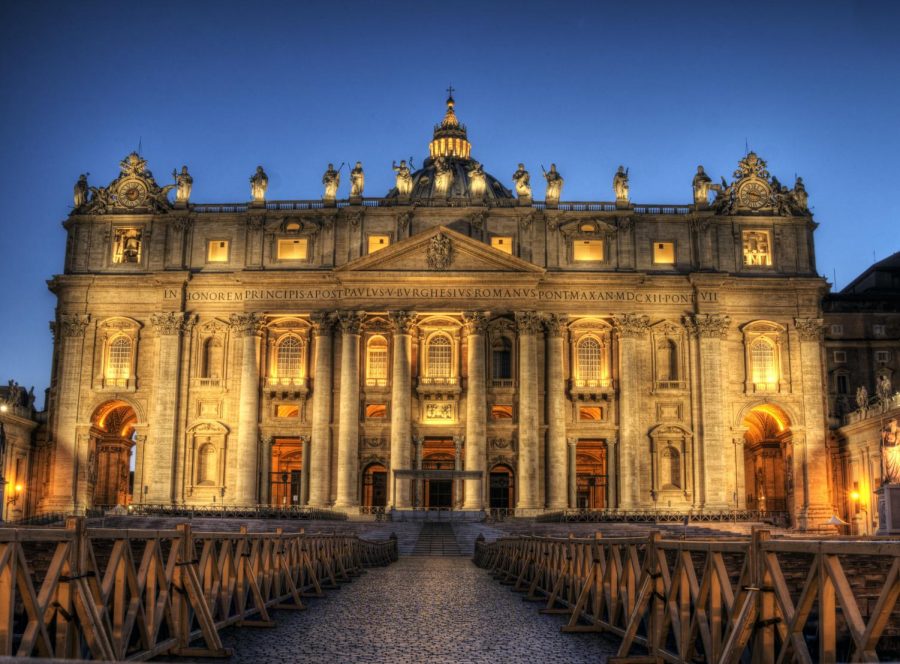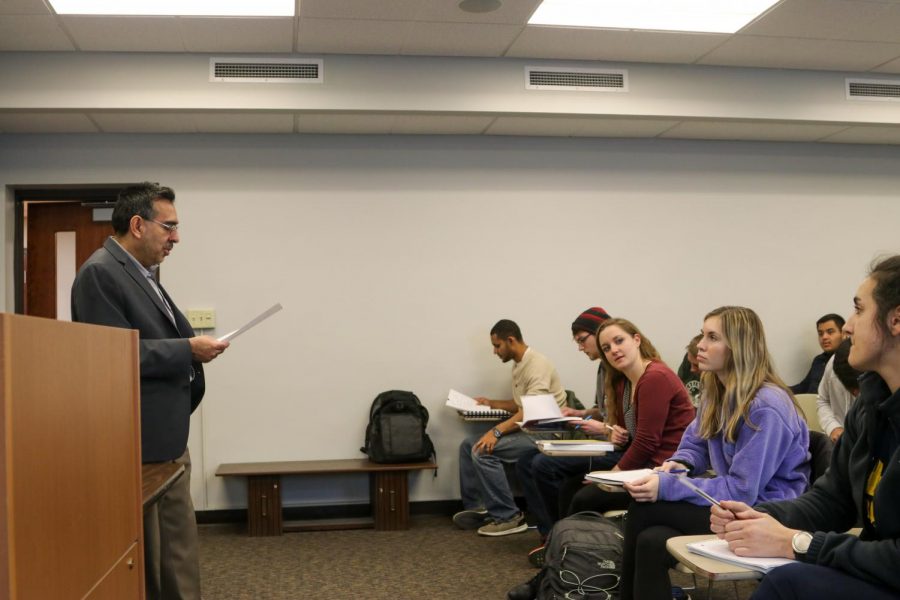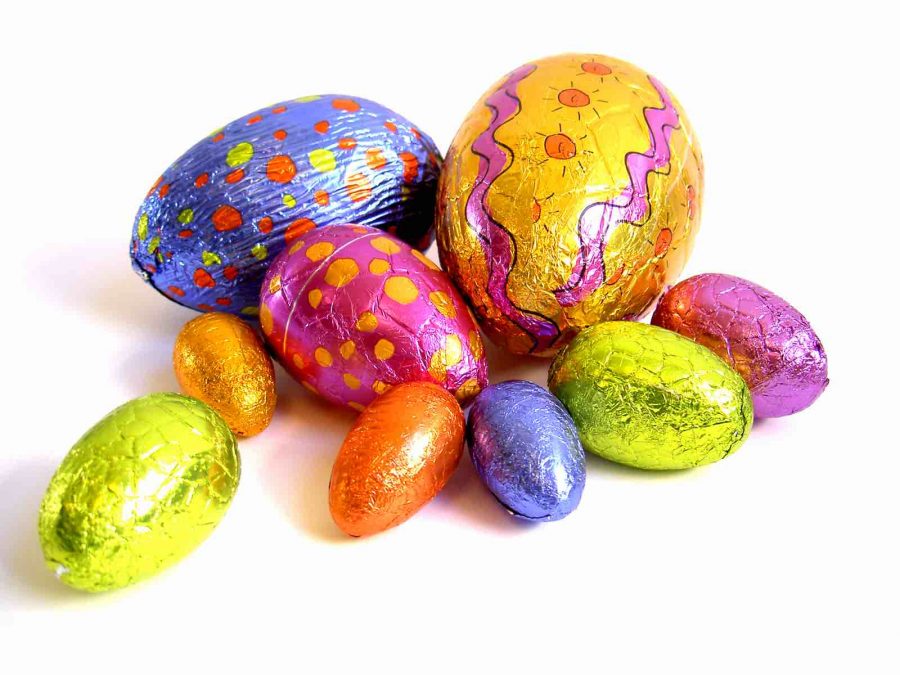Marquette’s theology department has one problem. Consider it the Goliath in the room.
Of the 26 different theology courses Marquette offered this semester, 22 relate exclusively to the Christian tradition. Even if we jump ship and assume that a Catholic university should only offer courses in Christian theology, there’s still room for improvement. Until the department announced last year it was revamping its Theology 1001 courses to catch up with pertinent issues of the day – supposedly spurred by interest in LGBT issues offered in a department forum – all level one courses covered the old and new testaments, despite the false inclusiveness of the moniker “Introduction to Theology.”
A review of the 1001 course was long overdue. To the department’s credit, the newly implemented team-taught courses are an incredibly creative approach to diversify the course material. Studies in Christian theology are enhanced tremendously when viewed in a comparative religious context with voices from multiple traditions. Loyola University Chicago, another Jesuit university, has very similar core requirements but was a step ahead on this one: they offer multiple sections of a survey course covering six world religions, satisfying a first-level theology requirement.
For Marquette, it was a big step in the right direction. Most days of my introductory course back in 2011 felt an awful lot like my eight years of Sunday school – save the cash incentive for high marks on Bible quizzes, required yearly viewings of “The Ten Commandments” and a few connect-the-dots Shrouds of Turin for good measure.
I wasn’t offered the team-taught model for the introductory course, but my bitterness has subsided. “Theology, Violence and Nonviolence” was my second level course after a five-semester departmental grudge. The material had tremendous range, from the writings of Thomas Merton to conversations about nonviolent youth resistance to Slobodan Milosevic’s Serbia. This is another strong point of the department – there is a very clear link to social issues addressed by the coursework in peace studies, anthropology, social welfare and justice and women’s and gender studies departments. The same goes for my third level course, “Studies in Feminist Theology.” Considering all the premature grey hairs caused by THEO 1001, I have been pleasantly surprised by upper level courses.
But given the number of progressive courses I have taken at Marquette in other areas of the humanities, especially in the English department, it’s surprising Marquette doesn’t open the theology floodgates and offer classes on focused the world’s many other religious traditions. I have an undesired ignorance toward these subjects, and it’s the only place I have found empty offerings in my four years at Marquette.
It’s only by some sort of unwritten rule that I ended up in three Christian theology courses. When I tried to enroll in “Hinduism, Yoga, and Buddhism” this semester, the only non-Christian third-level course, it was already filled. When I conceded to the courses in Christianity and attempted to join a course focused on Malcolm X, MLK, James Baldwin and their relationships with the Church, I was met with the same result. Mind you, this is with my sign-up time as a second semester senior with more credits than I know what to do with. This should not have been the case.
Classes outside the traditional Christian syllabus are too few and far between, and they fill up too quickly. Marquette needs to seriously consider offering a wider range of theology courses, expanding upon courses infrequently offered in traditions like Islam and Hinduism and allowing more students access to them.
Offering a diversified list would not weaken Marquette’s Catholic and Jesuit identities, but rather help the university fulfill its duty of academic accessibility. I don’t believe that identity conflicts with Marquette’s responsibilities as an open-university forum, but if it ever does, the university should consider giving students the ability to choose what they learn more freely.
I have been fed information about the Christian theological tradition so frequently here that I have a hard time approaching critical issues without considering that perspective. In fact, I can’t help but think my own understanding of Christianity could only be enhanced if I was offered a better understanding of how the other 68 percent of the world views faith and theology.
It’s a shame, especially considering the thoughtfulness I have encountered in my many conversations with theology professors. If the department itself were this open, students would benefit considerably and would be better suited to enter a world that offers more than just a Christian perspective.





Not Barack Obama • Jan 31, 2014 at 11:48 am
I have to admit that it’s kind of silly to expect non-Christian courses at a Christian, Catholic University. Otherwise, what’s the point of having religions tied to universities? Frankly, if one wishes to take courses on other religions then they should go to a public, secular university or college.